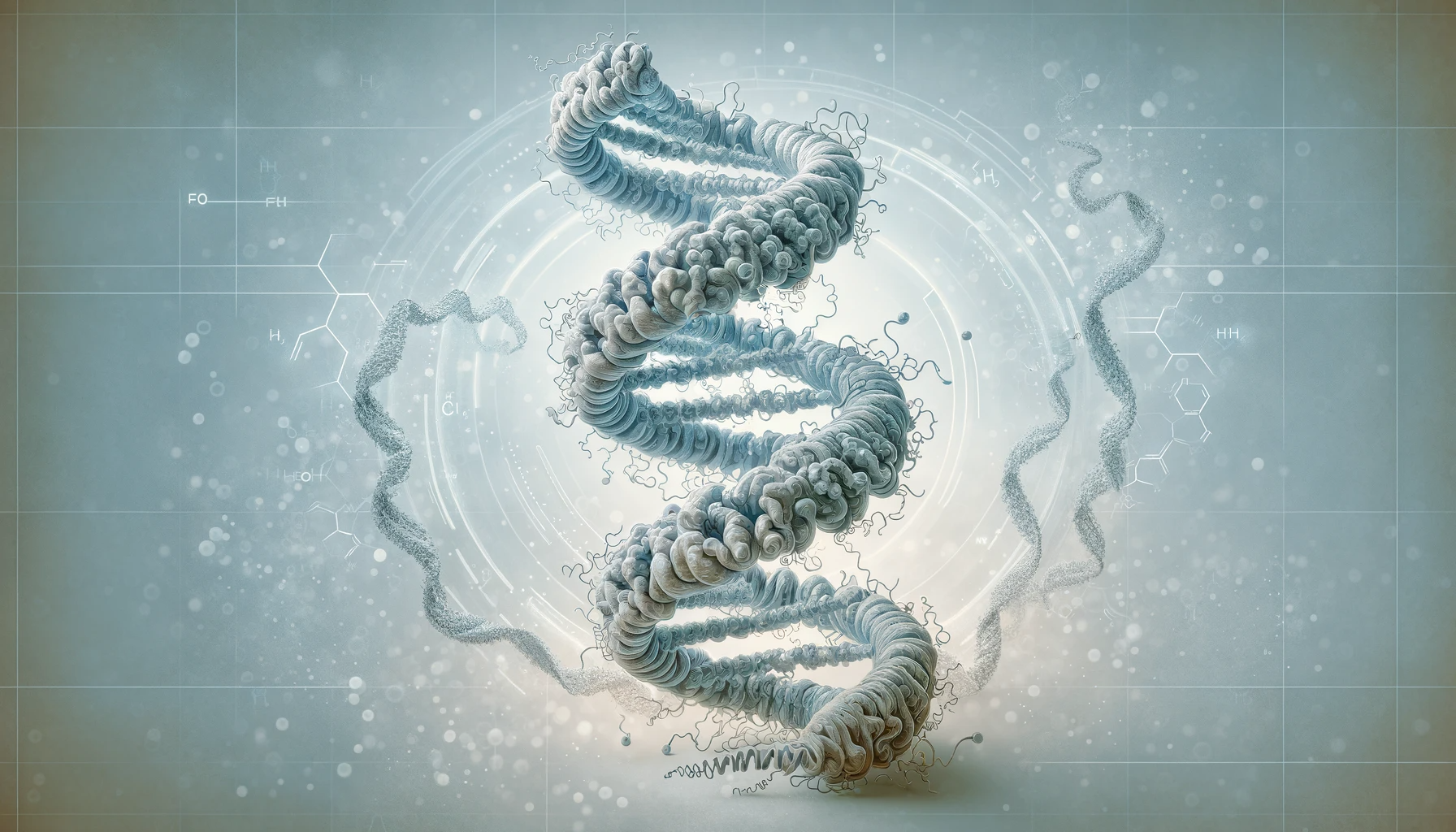Scientists at the University of Washington School of Medicine used AI to design new protein molecules in a way that opens up exciting possibilities for the detection and treatment of diseases.
The effectiveness of a drug in treating a disease depends largely on how specific it is in attaching to the disease-causing target, and how strongly it attaches to the target.
The near-infinite amount of potential protein shapes makes designing a protein with both high affinity (binding strength) and high specificity an extremely difficult task.
Finding proteins that bind strongly to helical peptide targets like glucagon, neuropeptide Y, and parathyroid hormone was the challenging task the researchers hoped AI could assist with. Their paper, published in Nature, shows the potential for AI to revolutionize drug development.
The researchers first used deep learning hallucination methods with AlphaFold2 and RosettaFold. These advanced AI programs have been a great help in designing new proteins but they use a lot of computing power.
In an effort to find a more computationally efficient protein design method, the researchers turned to an approach similar to the one that powers AI image generator models like Stable Diffusion and DALL-E.
Paper today @Nature describes @UWproteindesign AI-generated protein with exceptionally high binding affinity & specificity. This biotechnology has implications for drug development, disease detection & environmental monitoring. https://t.co/KhtGhiyf6I
— UW Medicine Newsroom (@uwmnewsroom) December 18, 2023
RFdiffusion
RFdiffusion is a groundbreaking generative AI model that is trained on data from known protein structures. The model then iteratively refines and rearranges atoms into defined protein structures.
RFdiffusion was trained to iteratively remove noise from clouds of disconnected atoms, and then rearrange them into new protein structures. This model was used in conjunction with the ProteinMPNN software tool designed by the Baker Lab, part of the Institute for Protein Design at the University of Washington.
ProteinMPNN takes a protein structure as input and uses deep learning techniques to quickly identify new amino acid sequences that are likely to fold into specific protein structures.
Exciting results
The proteins the researchers designed displayed exceptionally high affinity and specificity to the peptides they were targeting. This means that they could potentially be used to create drugs that target the cause of a disease rather than binding to unintended targets and potentially causing side effects.
Protein synthesis isn’t new but this new approach delivered proteins that achieved the highest interaction strength ever reported between a biomolecule designed by a computer and its target.
David Baker, professor of biochemistry at UW Medicine and an investigator at Howard Hughes Medical Institute was the lead author of the research paper.
Baker explained the significance of the results saying, “The ability to generate novel proteins with such high binding affinity and specificity opens up a world of possibilities, from new disease treatments to advanced diagnostics.”
There are many diseases that are currently treated using antibodies. However, antibodies are expensive to produce and don’t have great shelf lives.
Preetham Venkatesh, one of the lead researchers, said “There are many diseases that are difficult to treat today simply because it is so challenging to detect certain molecules in the body. As tools for diagnosis, designed proteins may offer a more cost-effective alternative to antibodies.”
The researchers were able to validate their biodesign methods by conducting laboratory tests in collaboration with the Joseph Rogers Lab at the University of Copenhagen and the Andrew Hoofnagle Lab at UW Medicine.
This research is a great example of how AI is accelerating the development of new treatments for diseases. The paper is yet to be peer-reviewed but the initial results are very exciting.





